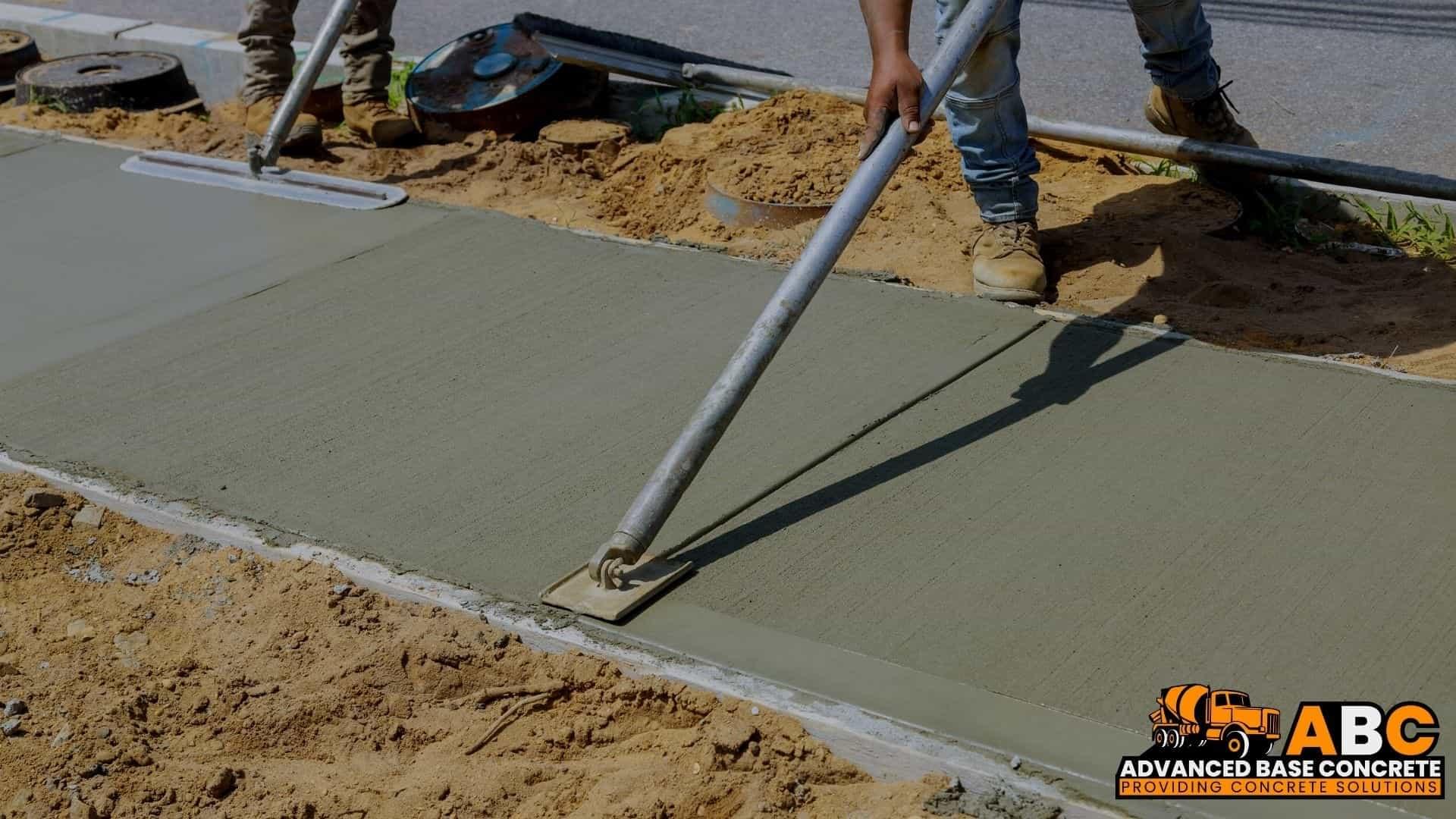
Utah currently has over 1,900 electrician jobs. By 2028, more than 2,000 more jobs are expected in the state. You can apply for jobs at either the master or apprentice level. There are many job opportunities online so if your goal is to become an electrician, you might be in luck.
Average salary for a journeyman electrician is $36,500
Although $36,500 is the average annual salary for a Journeyman Electrician, it can vary slightly by state and industry. Utah is one of the top twenty-three states for the average Journeyman Electrician wage. If you're looking for a new job, consider earning an advanced degree and moving to a company that pays more. These degrees can help increase your earnings and prepare you for managerial and promotion positions.
Although the average Utah salary for a Journeyman Electrician at $36,500 is the norm, there are some Utah cities that pay higher than this. Provo's average salary is 21% less than that in West Valley City. These areas may have a lower cost of living.

Utah electricians are experiencing job growth
Utah's employment growth in electricians is expected to exceed the national average over the next few decades. Utah electricians also earn higher salaries than the average. According to Utah Department of Workforce Services estimates that there will likely be a 29% rise in the number of electricians working by 2022.
This is due in large part to the increase in construction projects. Construction companies face significant challenges in finding skilled labor, but there are also opportunities for those who want to become workers. In the United States, there are over 67,000 electricians. This figure is based upon the retirement of 7,400 workers as well as the addition of 59.600 new employees.
To become an electrician in Utah, you must obtain a license. Utah requires that apprentices have a minimum of a high school diploma, or GED. They also need a valid driver's licence. Before starting their apprenticeship, applicants will need to pass an aptitude test. The program teaches electricians electrical standards, math and scientific principles, and customer service skills. This training helps develop physical endurance and independence as well as problem-solving skills.
Utah License Requirements to become an electrician
You must complete a training course before you can become a Utah licensed electrician. Then, you must take an examination, the Utah Electrical Licensing Theory, Code, and Practical Exam. To pass the licensure exam, you must score 74% or more on each of the two examinations. The test is a comprehensive examination of your knowledge about electrical safety and the regulations that regulate it.

The requirements for becoming a licensed electrician in Utah vary for different types of electrical work. You must have a license to do electrical work for businesses and homes. If you plan to work on construction sites, you must also hold a commercial license. A license is necessary to be able to get commercial insurance and pass inspections. A license protects consumers and your company. A license will protect your business and increase your income.
Additional requirements are required for master electricians. You must have at least two years of experience working under a licensed electrician. At least 8,000 hours on-the job training is required. After that, you must take a test to be a master-electronics contractor. If you want to be an electrician in Utah, you will need a master electrician license. This license is proof of your electrical knowledge and skills. Only licensed electricians may obtain commercial insurance or pass electrical inspections.
FAQ
Where can I find out more about building permits
Ask your local government office (for instance, NSW Local Government Association), or talk to your real estate agent. They should be able tell you the best way to go about obtaining permission.
Who pays for the service?
Your SCA specifies which party is responsible for paying for the service. It may be possible to sue the court for compensation if the service provider has not been paid in full.
When do I have to pay for the service/contractor?
The type and amount of the service will affect the payment schedule. In other words, if you hire someone to install a roof, you will typically pay once the work has been completed. You might pay only after you receive and test the product if it is a product purchased from a supplier like a kitchen range cooker.
What documents are required to apply for building permits?
In addition to your SCA, you will need to provide proof that:
-
Visitors have ample parking space.
-
Access routes are suitable;
-
All utilities are readily available.
-
All works must be in compliance with all applicable planning regulations.
Is there anything I must sign before I can begin work?
Yes - your SCA requires both parties to sign it. This means that neither party can alter their minds later without the consent of the other.
Statistics
- (3) The contracting officer may provide for a contract price adjustment based solely on a percentage rate determined by the contracting officer using a published economic indicator incorporated into the solicitation and resulting contract. (acquisition.gov)
- (ii) Name, address, and telephone number of each proposed first-tier subcontractor with a proposed subcontract estimated at $10 million or more. (acquisition.gov)
- (1) Except as provided in paragraphs (a)(4) and (a)(8) of this section, if the estimated amount of the contract or subcontract is $10 million or more, the contracting officer shall request clearance from the appropriate OFCCP regional office before- (acquisition.gov)
- (v) Place or places of performance of the prime contract and first-tier subcontracts estimated at $10 million or more, if known. (acquisition.gov)
- (d) Contractor disputes related to compliance with its obligation shall be handled according to the rules, regulations, and relevant orders of the Secretary of Labor (see 41 CFR60-1.1). (acquisition.gov)
External Links
How To
How do I begin to negotiate the terms of my first service agreement?
It can be daunting to negotiate the terms of a service agreement.
However, negotiating the terms of a first contract doesn't have to be difficult.
It all depends on your level of preparation.
Before you begin negotiations you need to ensure that you fully understand your first service agreement.
You must know what you are going to do for your customer, for instance.
It is important to know what the customer expects of you.
Once you have an idea of what you are offering, you can begin to prepare for negotiations.
The more information you have the better prepared you will be when you sit down with the other party.